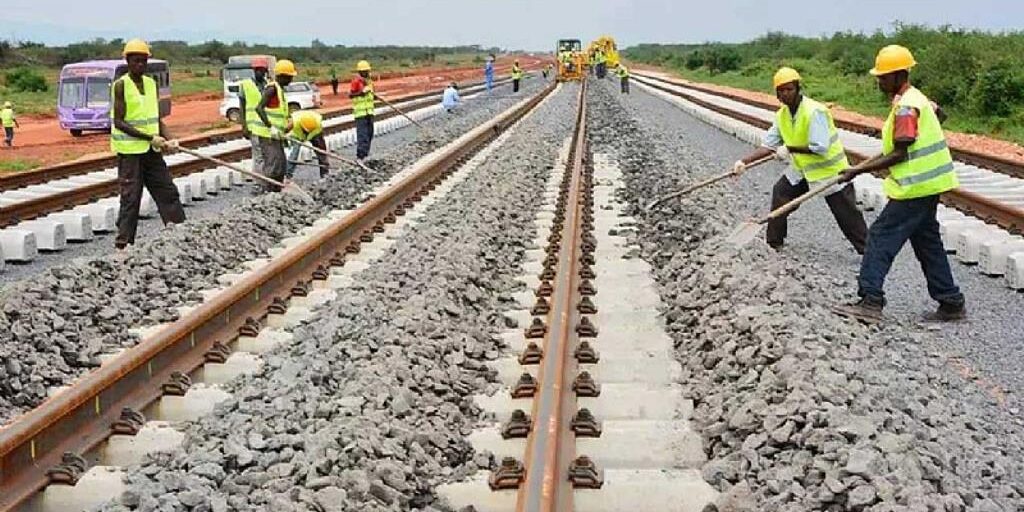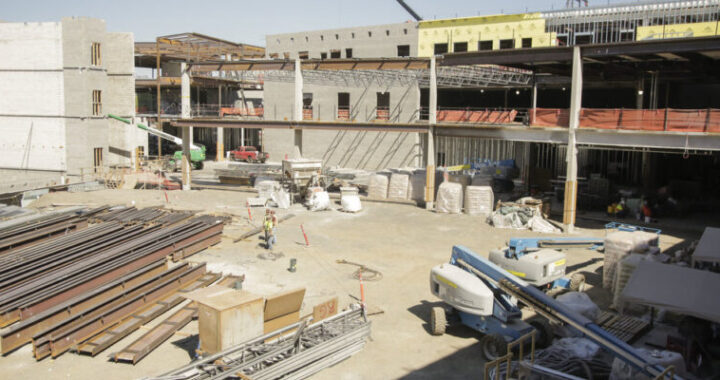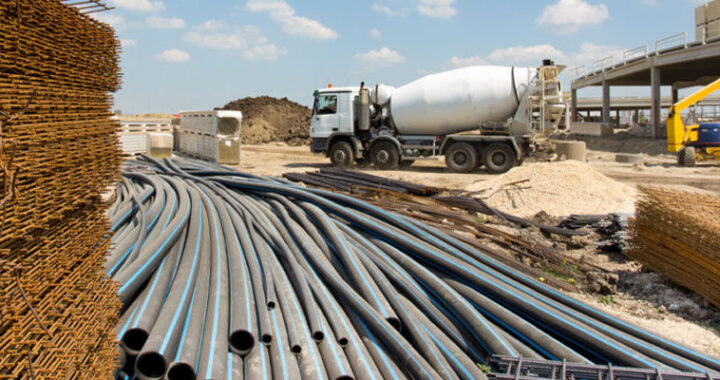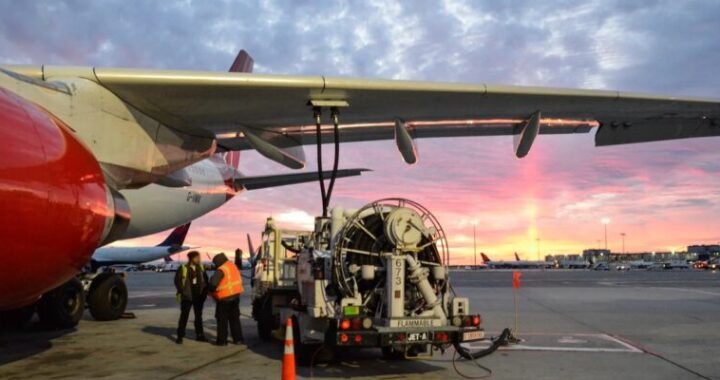Contract for Construction of Kano-Maradi & Kano-Dutse Railway Line Awarded

The federal government of Nigeria through the Ministry of Transport has awarded the contract for the implementation of the Kano-Maradi & Kano-Dutse railway line project which will connect the republic of Nigeria to the neighboring republic of Niger.
The revelation was made by Rotimi Amaechi, Nigeria’s transportation minister in a tweet that read, “Today, (11th Jan 2021) we signed the contract documents for the commencement of the Kano-Maradi, Kano-Dutse railway project.”
The contract was awarded to Mota-Engil Group, a multinational organization headquartered in Portugal with operations focused on construction and infrastructure management in the segments of Engineering and Construction, Environment and Services, Transport Concessions, Energy, and Mining.
An overview of the project
This project involves the construction of a standard gauge railway line with an alignment of about 377 kilometers from Kano to Maradi and a branch line from Kano to Dutse.
The 284-kilometer Kano-Maradi railway line will connect three federal states in Northern Nigeria (Kano, Jigawa, and Katsina), and the Maradi, the second-largest city in the Republic of Niger, while the 93 kilometers branch line will connect the capital of Jigawa’s State, known as Dutse, to Kano.
According to Amaechi, the contractor has also agreed to build a University as part of their corporate social responsibility (CSR) while working on the project.
Benefits of the project
Kano-Maradi & Kano-Dutse railway line project is expected to encourage economic development through the ease of access to goods and services, facilitate the transport of raw materials and manufactured goods, and create employment opportunities for a wide range of personnel.
Moreover, the rail line and its ancillary facilities will create conditions for the growth of existing businesses and industrial facilities, internal and external trades, and country integration.
In general, the new railway line will impact a population of approximately 8.8 million people
with many positive social and economic effects.


 Nigerian President: Fuel Subsidy Removal Saves $1.32B in 2 Months
Nigerian President: Fuel Subsidy Removal Saves $1.32B in 2 Months  Tanzania’s Fuel Prices Surge Amid Cross-Border Fuel Sourcing
Tanzania’s Fuel Prices Surge Amid Cross-Border Fuel Sourcing  Israel to power Zambia with $100m. solar-wind energy project
Israel to power Zambia with $100m. solar-wind energy project  TENDER FOR THE CONSTRUCTION OF PRIMARY SCHOOLS | ETHIOPIA
TENDER FOR THE CONSTRUCTION OF PRIMARY SCHOOLS | ETHIOPIA  TENDER FOR THE PROVISION OF CONSTRUCTION MATERIAL | MOZAMBIQUE
TENDER FOR THE PROVISION OF CONSTRUCTION MATERIAL | MOZAMBIQUE  TENDER FOR THE CONSTRUCTION OF HOUSING UNITS | ZAMBIA
TENDER FOR THE CONSTRUCTION OF HOUSING UNITS | ZAMBIA  BP Subsidiary to Sell 50% Stake in Maputo Airport Fuelling to Petromoc
BP Subsidiary to Sell 50% Stake in Maputo Airport Fuelling to Petromoc